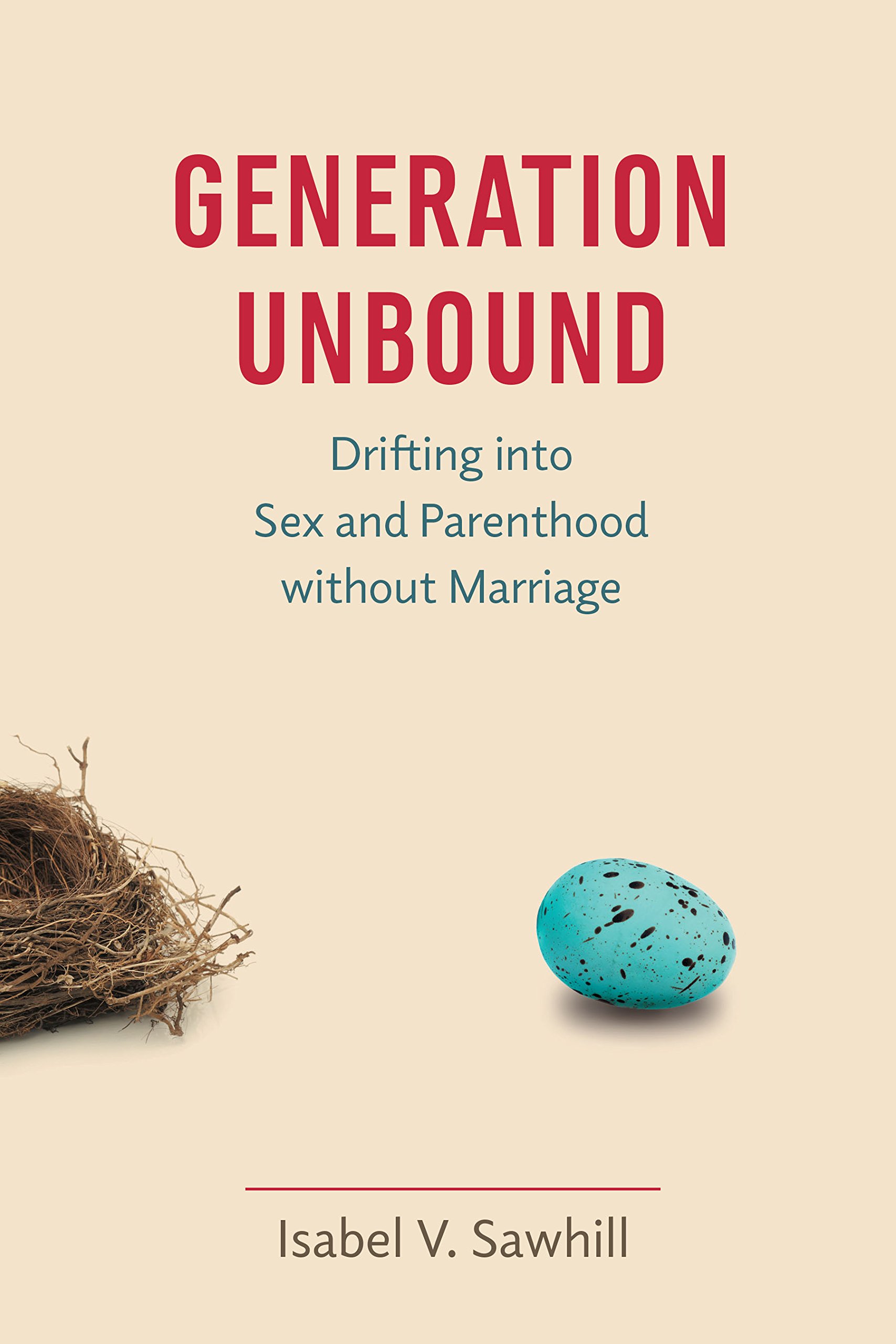Planning to Fail
- Post by: William C. Duncan
- April 9, 2015
Generation Unbound - Drifting into Sex and Parenthood without Marriage Isabel V. SawhillBrookings Institution Press, 2014; 212 pages, $32.00 For those concerned about family policy, the stark facts that Generation Unbound describes will be familiar. While teen parenting is down, for instance, “parenting by young unwed women has not declined. It has just moved up the age scale.” While men marry six years later than they did in 1960 and women marry seven years later, this development “has not been accompanied by delayed childbearing.” Young people consider marriage and childbearing to be “two separate life events” and “individual choices rather than social imperatives.” Today, “One-third of all children live in single-parent homes. If there is one statistic that sums it all up, it is that among women under 30, more than half of all babies are born outside marriage.” This statistic does not bode well for children: As has been documented for decades, divorce, single-parenthood, step-parent families, and cohabitation are all associated with poorer outcomes for children. Take poverty, for example. Sawhill notes that “the growth of single-parent families has pushed up the child poverty rate a lot . . . the official poverty rate has remained stubbornly high because of the decline in marriage.” Thus, “Forty-seven percent of children living in single-mother families were living below the poverty line in 2012. This is more than four times as high as the 11 percent poverty rate for children living with their married parents.” These challenging realities are now familiar because of the important work that Dr. Sawhill and others have done to bring them to our attention. In Generation Unbound, though, Sawhill does more than describe family unraveling. She makes the case for a novel solution, based on a simple equation: later marriage plus a decline in marriage plus unwed childbearing equals child poverty. The first variable, she believ
Categories:

